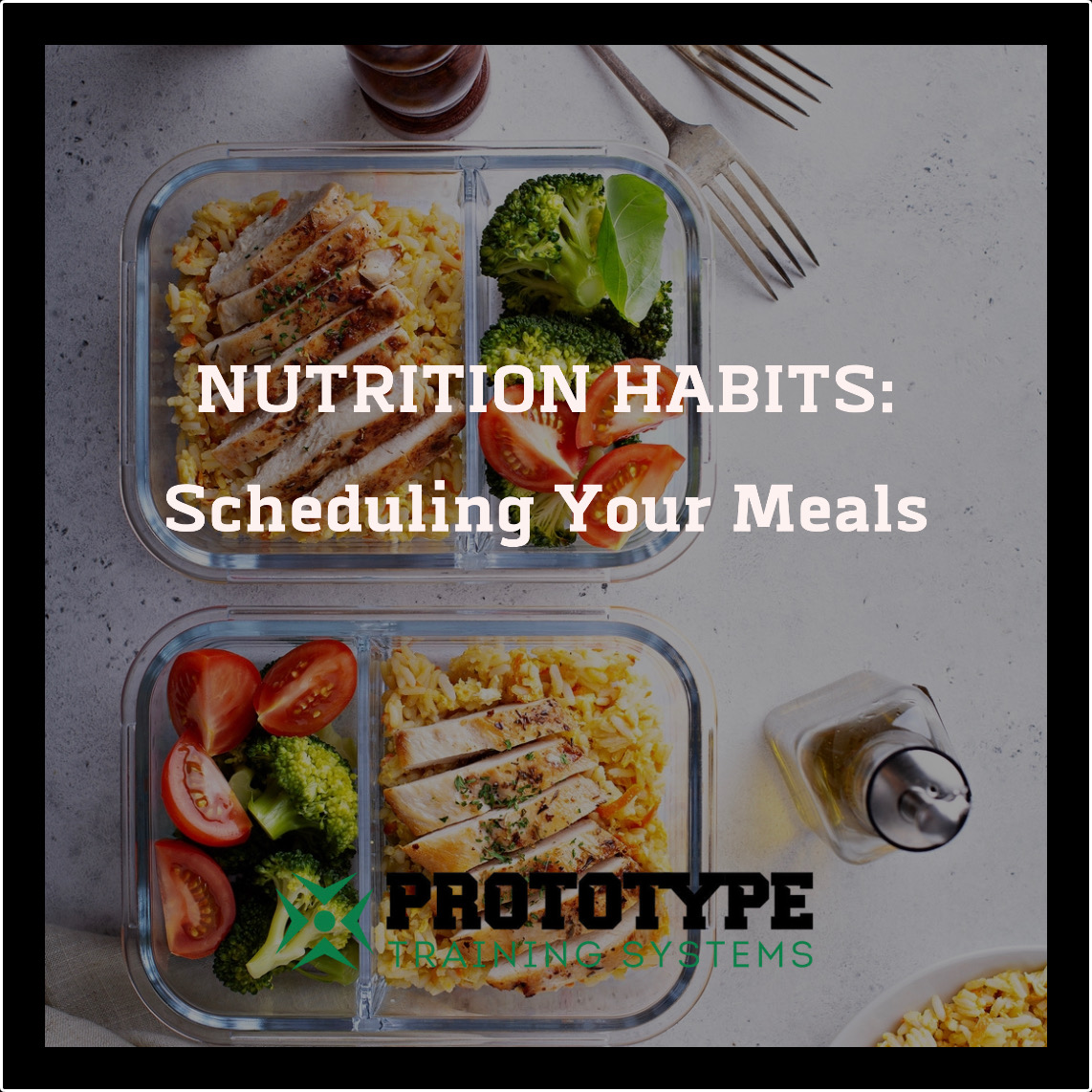
By: Jon Collette (Prototype Nutrition Coach)
We live in a world with a TON of misinformation as it relates to health and fitness. The area that I believe gets the most confusing is the nutrition department. It seems like every year there is a new nutrition fad, diet trend, or a supplement that is supposed to make us “more healthy” or “help burn fat faster” than traditional methods.
The reality is, this sort of information makes our jobs as human beings (who are trying to be healthy and many of us trying to lose weight) a lot more difficult.
So this blog post is 1 of 6 that you will be seeing where I will be addressing Optimal Nutrition habits and fundamentals that will help you navigate the world of misinformation (Boom!)!
So, what is nutrition?
General nutrition is what we eat to keep us alive and functioning.
Optimal Nutrition is eating the right amount of nutrients with a proper schedule that allows you to perform your best and to live your best life (happiest)!
What is the #Impact of optimal nutrition?
- Reduce your risk of disease
- Reduce Fat mass
- Increase tissue quality
- Better Joint health
- Proper Growth & development
- Better cognitive function
- Work capacity
- Increases in energy & endurance
- Strength & Power
- Reduce injury risk
- Better Sleep
Today, we are going to be talking about your eating scheduling or in other words, when you’re eating!
So what does this look like?
A typical, healthy eating schedule is going to range from 3-5x meals (or eating events) a day. Below are a few examples of what this could look like and what the benefits of eating this way are.
-
Example 1: Breakfast, snack, lunch, snack, dinner (5 times)
-
Benefit: Eating every 2-3 hours can help us from feeling really hungry. So if you tend to eat big meals and overdue it, adding snacks in between meals can help with this.
-
Example 2: Breakfast, Lunch, Dinner
-
Benefit: If you prefer larger meals and are inconvenienced by snacks, this is the way to go.
-
Example 3: Lunch, snack, dinner, nighttime snack (intentional fasting)
-
This can work for you if you’re not hungry in the morning or would rather eat larger meals later. Good for those “night owl” folks who get up late and stay up late. (Not recommended for anyone pregnant, growth periods or trying to optimize muscle growth)
The reality is, the best approach is whichever one works best for you. An athlete might need snacks before and after training whereas a surgeon might only be able to have time for 2 meals and a nighttime snack. The schedule itself is extremely important for understanding hunger cues. We have hormones that communicate with each other signaling the feeling of hunger and fullness (Frecka, 2008). If you’re someone that isn’t hungry for breakfast it very well could be because you don’t typically have breakfast.
A 2015 study that went on for 12 weeks compared 57 adolescents, aged 19 in a randomized control trial, and put them into 3 groups (Normal protein, High protein, Skip breakfast). They assessed appetite, food intake, body weight, and body composition. “Conclusion – The daily addition of a high protein breakfast improved indices of weight management as illustrated by the prevention of body fat gain, voluntary reductions in daily intake, and reductions in daily hunger in breakfast skipping adolescents with overweight/obesity.” (Leidy HJ, Hoertel HA, Douglas SM, Higgins KA, Shafer RS. 2015)
At the end of the day, Optimal nutrition comes down to executing the basics! Everyone’s eating schedule might vary but understanding how and what works for you can lead to sustainable, good nutrition habits!
Over the next 6 weeks, I will dive deeper into how to execute more nutrition basics to help you with your goals, including:
-
Key nutrients
-
Food selection
-
Portion sizes
-
Hydration
-
AND Sleep!
Stay tuned!
